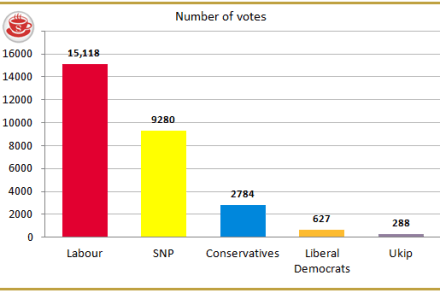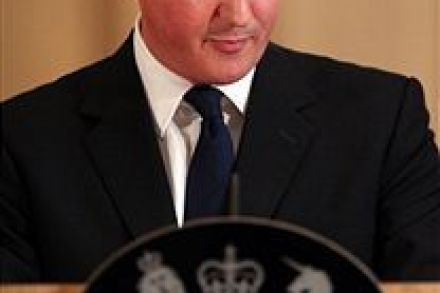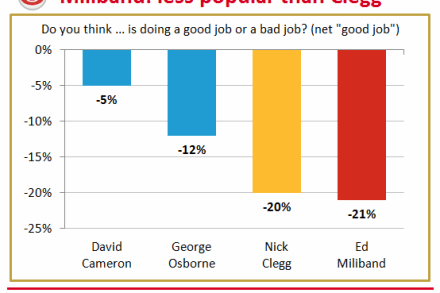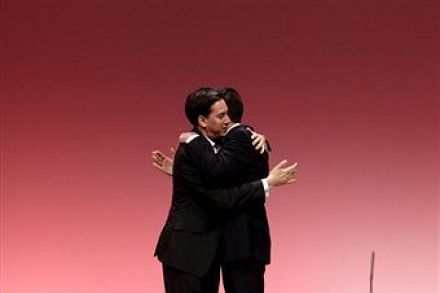Labour’s ambiguous victory in Inverclyde
Amid all the union sturm und drang yesterday, it was easy to forget about last night’s Parliamentary by-election in Inverclyde. But a by-election there was, after the death of the seat’s previous Labour MP, David Cairns, in May. And the result was in some doubt, too. After the SNP’s strong showing in last month’s corresponding Scottish Parliamentary election, there was a sense, beforehand, that Labour’s majority could be whittled down to naught. But, in the end, it wasn’t to be. Labour won with a comfortable majority of 5,838 and a vote share of 53.8 per cent, albeit it down on the 14,416 and 56 per cent they secured in last


















